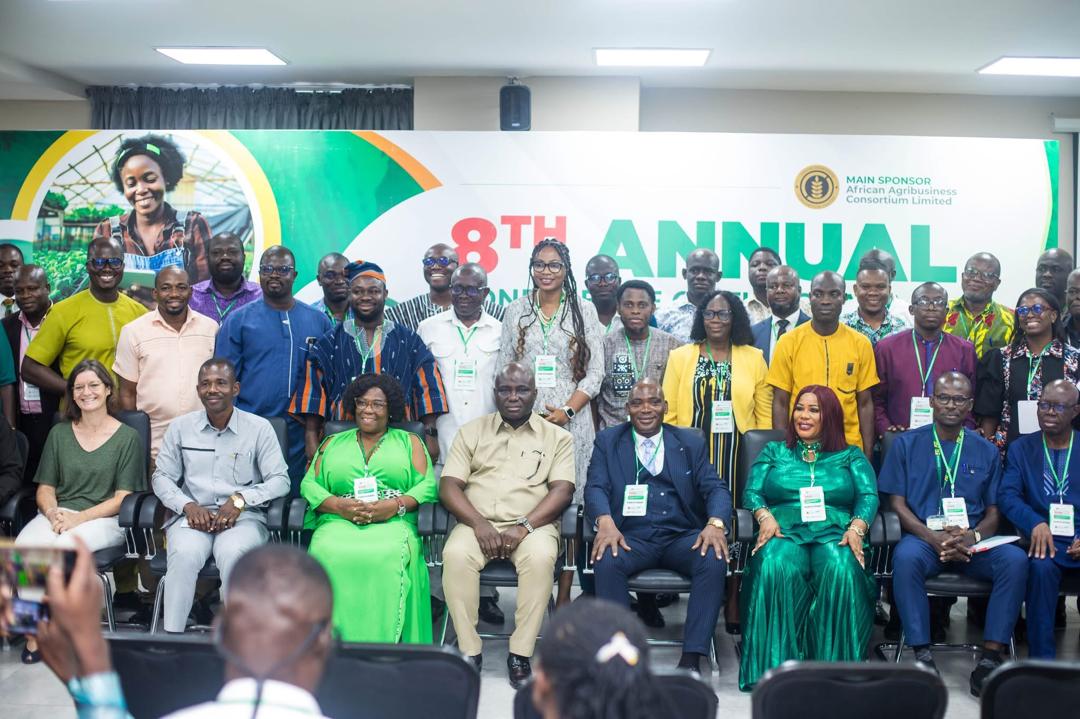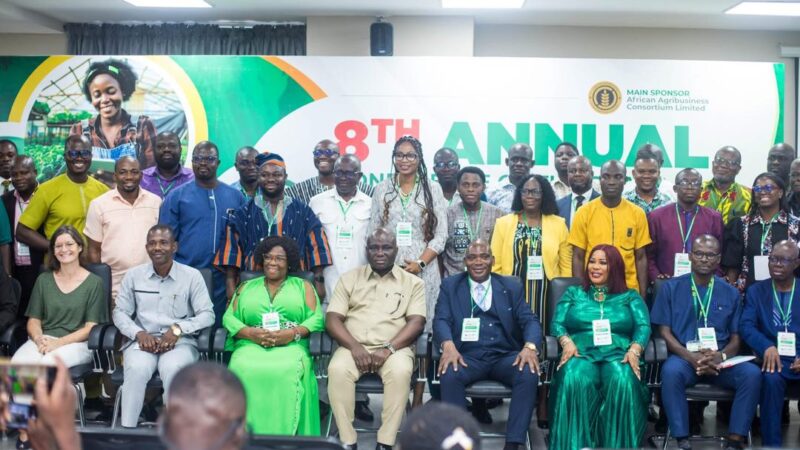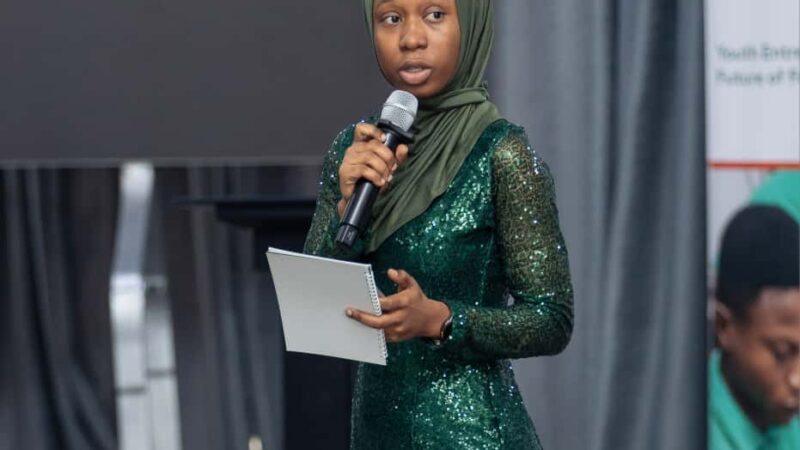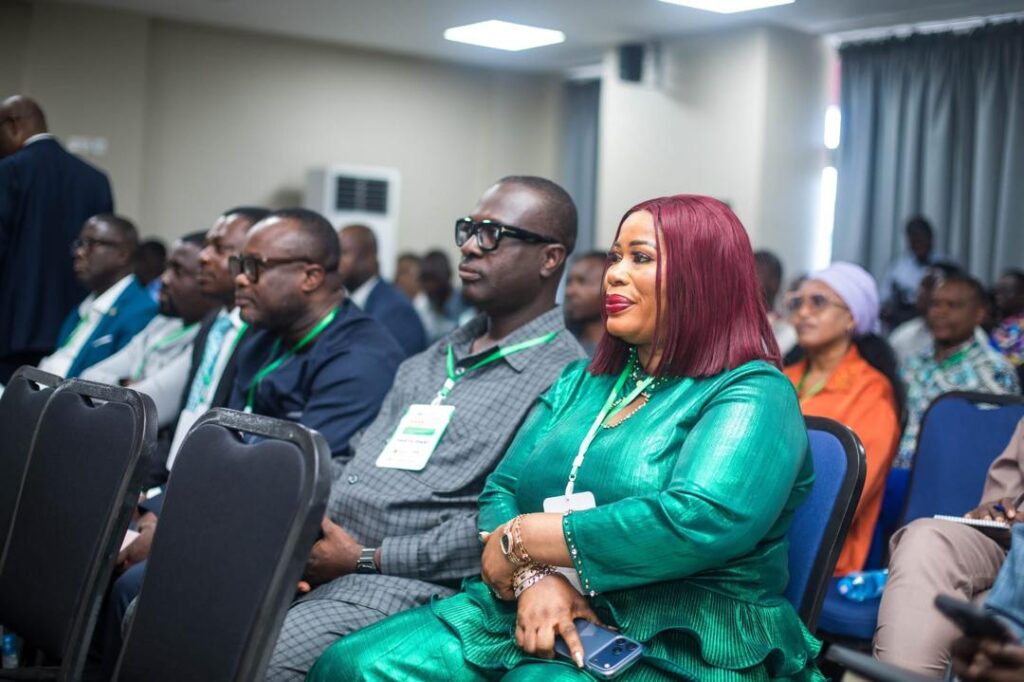
Kumasi, Ghana — The Chief Executive Officer of the African Agribusiness Consortium (AAC), Dr. Adelaide Araba Siaw Agyepong, has emphasized that Ghana’s agricultural transformation cannot be achieved within a single political term. She is urging successive governments to safeguard agricultural policies from partisan interference to ensure sustainable progress in the sector.
Speaking at the 8th Annual Ghana Association of Agricultural Economists (GAAE) Conference, held at the Kwame Nkrumah University of Science and Technology (KNUST) in Kumasi, Dr. Siaw Agyepong underscored the need for institutional stability and policy continuity to drive meaningful agricultural development.
“Agricultural transformation cannot happen within a single political term,” she stated. “It requires stable institutions that survive transitions and maintain a shared national vision. Why should we allow political cycles to interrupt the continuity of our agriculture policies as a nation?”
She laid emphasis that the challenge has been the inability to sustain what we start. We have travelled widely, learned from others, and designed excellent frameworks, but we often stop short of full execution. The time has come to change that. We must act on what we know, finance what we believe in, and protect what we build.
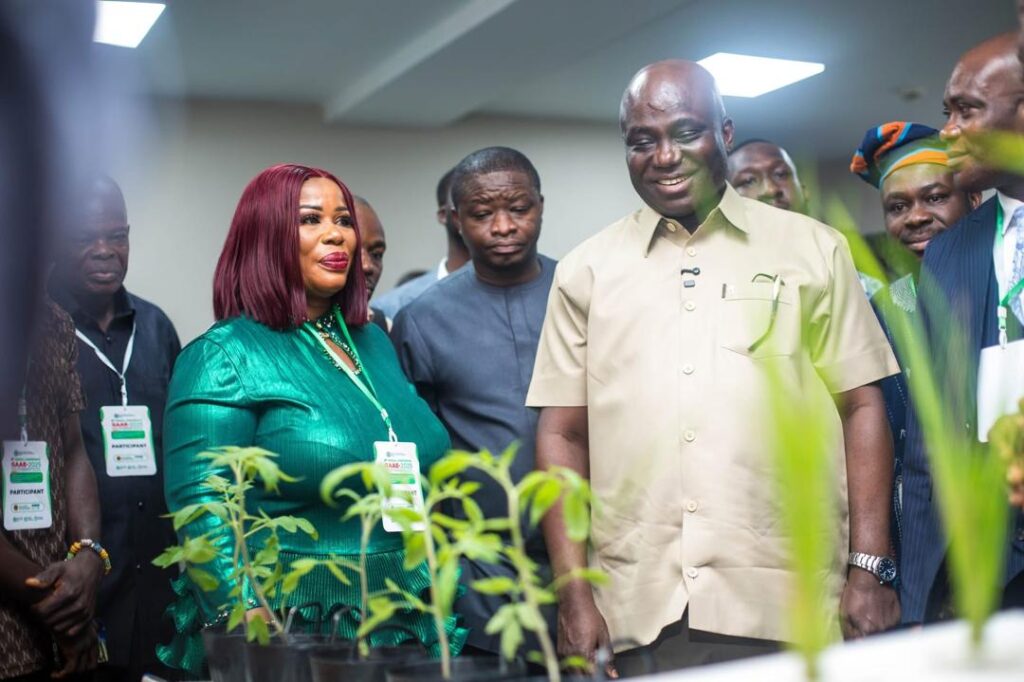
This year’s conference, themed “Transforming Agri-Food Systems in Developing Economies through Sustainable Agribusiness Development,” brought together policymakers, researchers, and industry leaders to discuss practical pathways for advancing agribusiness in developing contexts.
Dr. Siaw Agyepong observed that Ghana’s challenge is not a lack of ideas or expertise, but rather weak institutional systems that fail to sustain momentum.
“The issue is not that Ghana lacks ideas or understanding of what to do,” she explained. “The problem is that our structures do not sustain action long enough to produce meaningful change. Implementation is often left to chance, financing is short-term, and political cycles interrupt continuity.”
She described Ghana’s agricultural landscape as one rich in knowledge but limited in execution capacity.
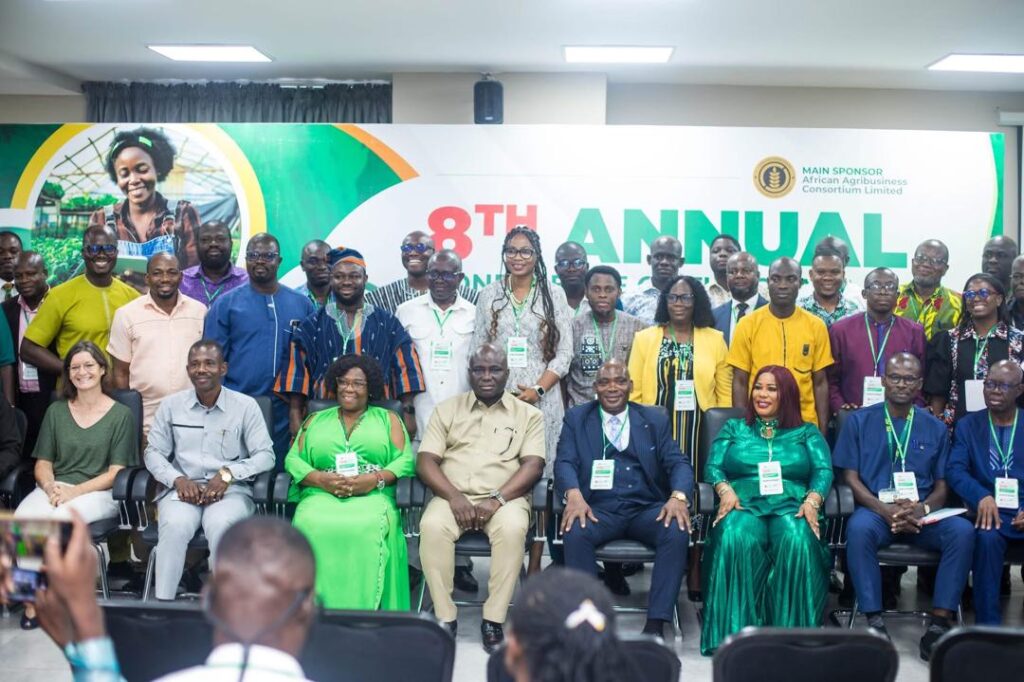
“In essence, we have built a strong foundation of knowledge but a weak superstructure of practice,” she said. “Until we address this imbalance, the research–practice gap will remain a symptom of deeper systemic failures.”
Calling for a bipartisan commitment to long-term agricultural reform, Dr. Siaw Agyepong urged political actors to refrain from politicizing the sector or abandoning existing initiatives that could address long-standing challenges.
“We cannot continue doing this to ourselves as a nation and Africa at large,” she stressed. “We must position ourselves to address this canker once and for all. We have the people and the capacity to change the face of agriculture in Ghana and beyond.”
Concluding her address, Dr. Siaw Agyepong highlighted the need for consistent financing and institutional support across political administrations.
“Our institutions are underfunded, our projects are short-lived, and our financing systems are not aligned with the long-term demands of agricultural innovation,” she said. “We must build systems of adoption, financing, and continuity if we truly want transformation.”
Story by: Richmond Frimpong/ Reporter

